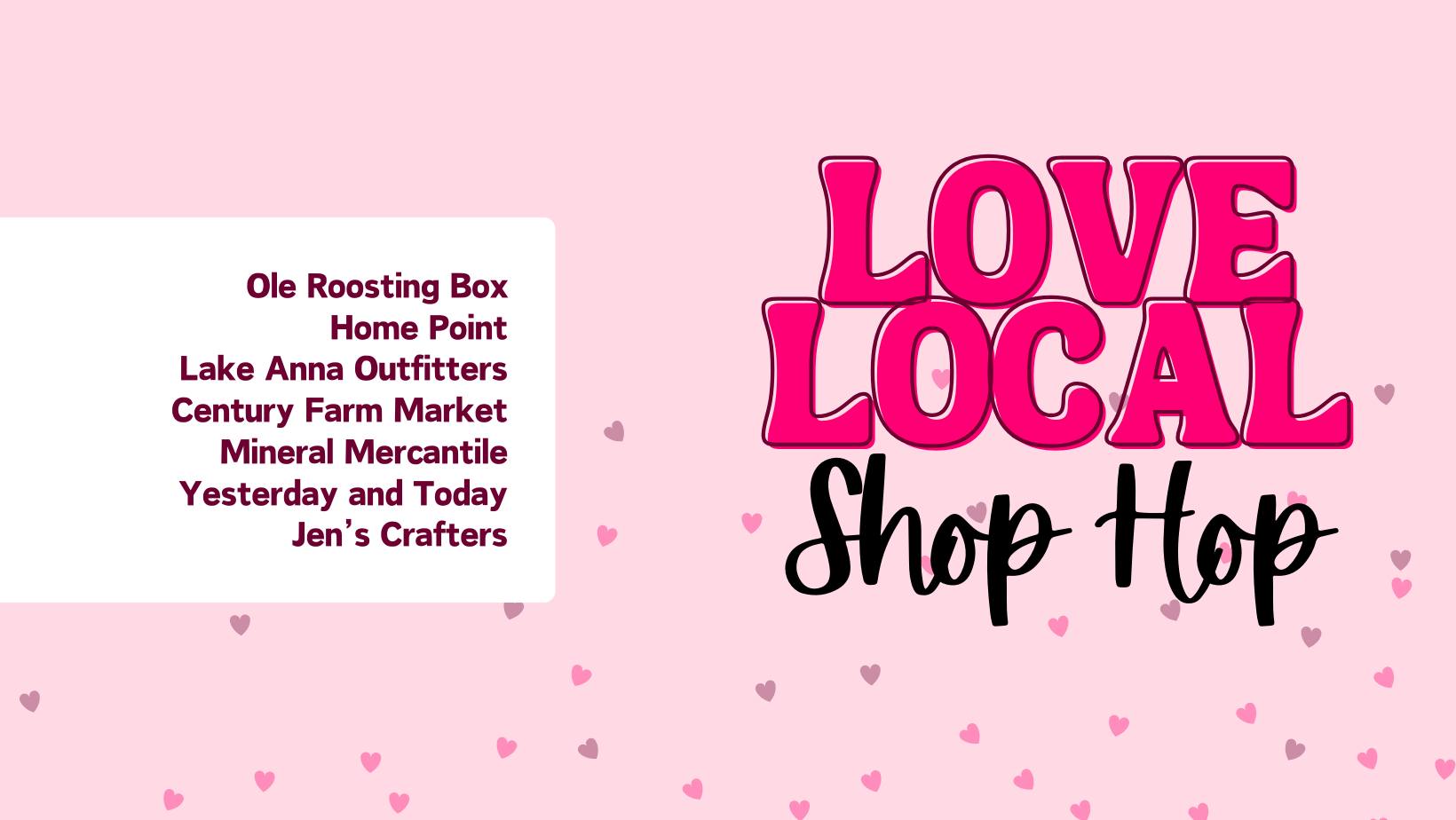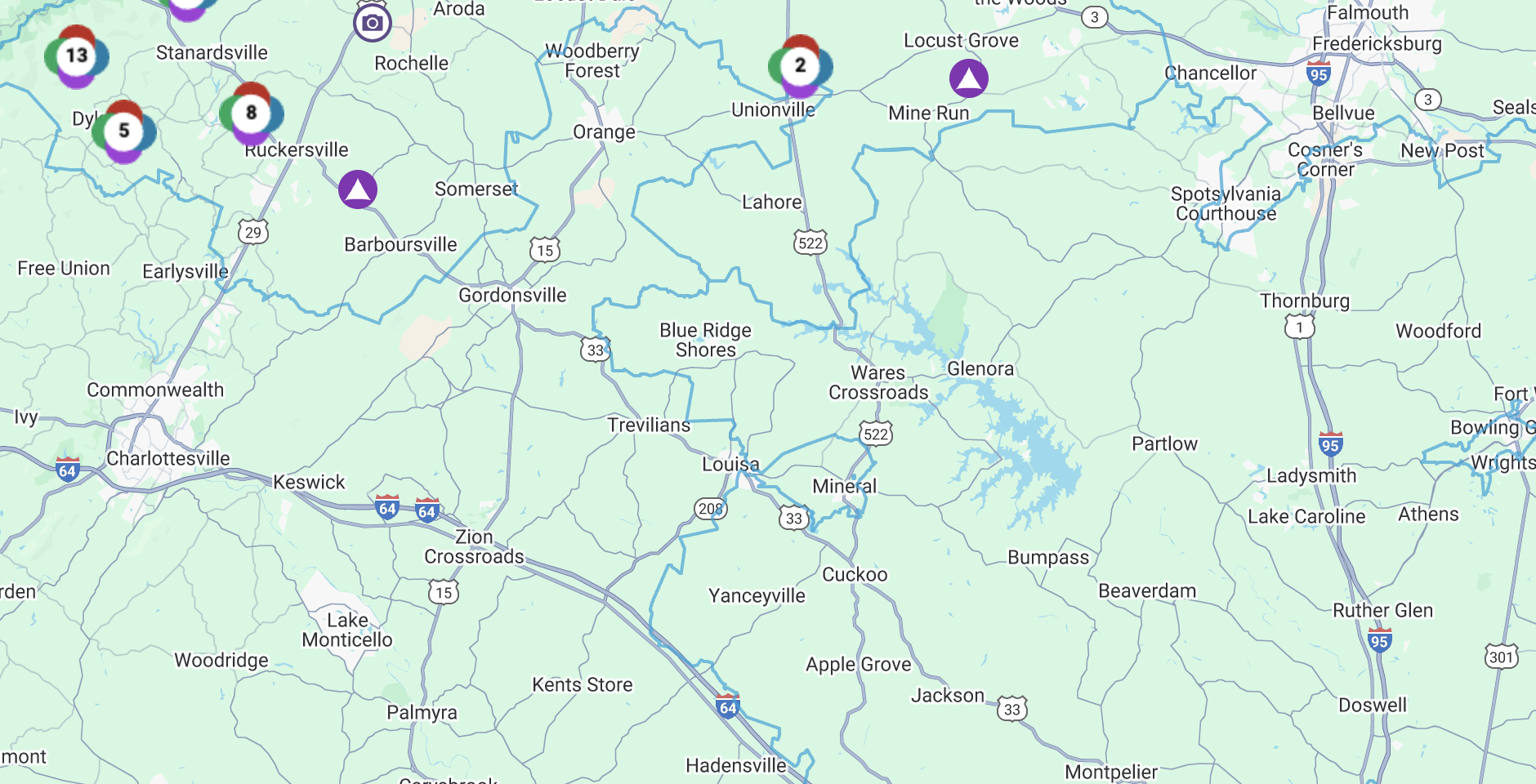
Anytime you see the word essential as it pertains to a nutrient, it means your body can not produce that nutrient on its own. It has to be taken in through food or supplements. Omega-3 is absolutely “essential” for good health.
Having low levels of Omega-3 has been associated with increased inflammation, low energy, depression, weakness, vision and learning problems, dry skin, poor hair and nail growth, impaired digestion, increased risk of auto-immune conditions, cardiovascular disease, cancer, diabetes, weak bones, impaired liver and kidney function, poor reproductive health and a greater likelihood of becoming overweight. Whew! That is quite the list!
The “fix” couldn’t be easier! You will find Omega-3 in foods or you can take it in a supplement. Honestly, most people require both to have the optimal amount in their diet.
To get this essential fatty acid in your food, the best source is fatty fish. Just think of S.M.A.S.H.
Salmon, mackerel, anchovies, sardines, and halibut. These types of fish have an abundance of EPA and DHA types of Omega-3 that reduce inflammation throughout the body, especially in the brain, heart, and arteries. You can also get Omega-3 from some nuts and seeds such as flaxseed, chia seeds, and walnuts. And some fruits and vegetables such as kale, spinach, watercress, kiwifruit, papaya, avocados, berries and oranges. Eggs also contain Omega-3. But you would have to eat a lot of these foods in order to get enough. If you want to get your Omega-3 just from food without taking supplements you should eat fish 2-3 times a week.
Cavemen Did Just Fine Without Supplements
So you may be wondering – didn’t cavemen get enough Omega-3? After all they thrived on a limited diet even if they didn’t live close to the ocean. They didn’t walk on over to the vitamin store to get their fish oil! Why do I need to worry about getting enough Omega-3? Why now?
We are able to get Omega-3 from eating fish only because those fish eat seaweed. And they are efficient at translating that seaweed into Omega-3s. The fish don’t just have Omega-3 in their body. This is one of the reasons why eating wild fish is so much healthier than farmed-raised fish. Similarly, the animals that early man hunted ate grass and other greens that had Omega-3. So when they ate the animals, they were able to get Omega-3.
Today, with factory-farming practices in the US, animals are not getting Omega-3-rich foods. So it is not passed on to us. If you are eating grass-fed meat then you are getting more Omega-3 in your diet.
You can see how hard it might be to get all the Omega-3s your body needs just through food. You may want to consider taking a Fish Oil Supplement.
Beware of “Unclean” Fish Oil Supplements
If you find a bargain on fish oil supplements – run! Many low-end manufacturers dilute their fish oil so you have to take more capsules to get the same amount. Check to make sure the supplement you choose is purity-certified by a 3rd party and preferably molecularly distilled. Some fish oil capsules have dangerous contaminants such as PCBs and heavy metals.
When cutting costs, fish oil is not where you want to settle for the cheaper brand. Trader Joe’s has a good quality fish oil that is very cost-effective. It is the one I personally use. Some other good brands are Nordic Naturals, Metagenics, Pure Encapsulations and Xymogen.
If you are not a big “supplement” person and want to keep it at a minimum, I recommend you include Fish Oil in your shortlist for its wonderful health benefits.
Disclaimer: You should consult your doctor before adding any supplements to your diet, especially if you are taking prescription medications.
Photo by Farhad Ibrahimzade on Unsplash

Dawn is an AFMC (Applied Functional Medicine Certified) Practitioner (https://afmccertification.com/)
She resides in Virginia and enjoys spending time with her 4 grown children and 13 grandchildren. Personal health challenges started her on a journey that led her to this field of study and ultimately coaching other people in addressing their own health challenges. She applies the principles of Functional Medicine, finding the root cause of a disease dynamic, to her coaching, educating her clients and helping them make the lifestyle changes necessary for addressing issues such as autoimmune disease, insulin resistance, hormone imbalance, gut health, and infertility.
Dawn provides one-on-one coaching, coaching groups and classes.
Feel free to reach out with questions – Dawn@pathways-health.com
Subscribe for Updates
Sponsors
latest articles
Virginia’s 4 PM Burning Law Now in Effect Across Lake Anna Counties

REC Crews Respond to Outages Caused by Powerful Wind Storm
Love Local Shop Hop: A Valentine’s Weekend Shopping Adventure

Louisa County Declares State of Emergency as Winter Storm Approaches
REC Urges Locals to Prepare for Storm on Saturday

Bear Dens: Spotting and Avoiding Winter Habitats

Anytime you see the word essential as it pertains to a nutrient, it means your body can not produce that nutrient on its own. It has to be taken in through food or supplements. Omega-3 is absolutely “essential” for good health.
Having low levels of Omega-3 has been associated with increased inflammation, low energy, depression, weakness, vision and learning problems, dry skin, poor hair and nail growth, impaired digestion, increased risk of auto-immune conditions, cardiovascular disease, cancer, diabetes, weak bones, impaired liver and kidney function, poor reproductive health and a greater likelihood of becoming overweight. Whew! That is quite the list!
The “fix” couldn’t be easier! You will find Omega-3 in foods or you can take it in a supplement. Honestly, most people require both to have the optimal amount in their diet.
To get this essential fatty acid in your food, the best source is fatty fish. Just think of S.M.A.S.H.
Salmon, mackerel, anchovies, sardines, and halibut. These types of fish have an abundance of EPA and DHA types of Omega-3 that reduce inflammation throughout the body, especially in the brain, heart, and arteries. You can also get Omega-3 from some nuts and seeds such as flaxseed, chia seeds, and walnuts. And some fruits and vegetables such as kale, spinach, watercress, kiwifruit, papaya, avocados, berries and oranges. Eggs also contain Omega-3. But you would have to eat a lot of these foods in order to get enough. If you want to get your Omega-3 just from food without taking supplements you should eat fish 2-3 times a week.
Cavemen Did Just Fine Without Supplements
So you may be wondering – didn’t cavemen get enough Omega-3? After all they thrived on a limited diet even if they didn’t live close to the ocean. They didn’t walk on over to the vitamin store to get their fish oil! Why do I need to worry about getting enough Omega-3? Why now?
We are able to get Omega-3 from eating fish only because those fish eat seaweed. And they are efficient at translating that seaweed into Omega-3s. The fish don’t just have Omega-3 in their body. This is one of the reasons why eating wild fish is so much healthier than farmed-raised fish. Similarly, the animals that early man hunted ate grass and other greens that had Omega-3. So when they ate the animals, they were able to get Omega-3.
Today, with factory-farming practices in the US, animals are not getting Omega-3-rich foods. So it is not passed on to us. If you are eating grass-fed meat then you are getting more Omega-3 in your diet.
You can see how hard it might be to get all the Omega-3s your body needs just through food. You may want to consider taking a Fish Oil Supplement.
Beware of “Unclean” Fish Oil Supplements
If you find a bargain on fish oil supplements – run! Many low-end manufacturers dilute their fish oil so you have to take more capsules to get the same amount. Check to make sure the supplement you choose is purity-certified by a 3rd party and preferably molecularly distilled. Some fish oil capsules have dangerous contaminants such as PCBs and heavy metals.
When cutting costs, fish oil is not where you want to settle for the cheaper brand. Trader Joe’s has a good quality fish oil that is very cost-effective. It is the one I personally use. Some other good brands are Nordic Naturals, Metagenics, Pure Encapsulations and Xymogen.
If you are not a big “supplement” person and want to keep it at a minimum, I recommend you include Fish Oil in your shortlist for its wonderful health benefits.
Disclaimer: You should consult your doctor before adding any supplements to your diet, especially if you are taking prescription medications.
Photo by Farhad Ibrahimzade on Unsplash

Dawn is an AFMC (Applied Functional Medicine Certified) Practitioner (https://afmccertification.com/)
She resides in Virginia and enjoys spending time with her 4 grown children and 13 grandchildren. Personal health challenges started her on a journey that led her to this field of study and ultimately coaching other people in addressing their own health challenges. She applies the principles of Functional Medicine, finding the root cause of a disease dynamic, to her coaching, educating her clients and helping them make the lifestyle changes necessary for addressing issues such as autoimmune disease, insulin resistance, hormone imbalance, gut health, and infertility.
Dawn provides one-on-one coaching, coaching groups and classes.
Feel free to reach out with questions – Dawn@pathways-health.com
Subscribe for Updates
Sponsors
latest articles
Virginia’s 4 PM Burning Law Now in Effect Across Lake Anna Counties

REC Crews Respond to Outages Caused by Powerful Wind Storm
Love Local Shop Hop: A Valentine’s Weekend Shopping Adventure

Louisa County Declares State of Emergency as Winter Storm Approaches
REC Urges Locals to Prepare for Storm on Saturday

Bear Dens: Spotting and Avoiding Winter Habitats


The Cove Holds Steady to ‘Lake Time’ Amidst Local Development Boom
Article By Jen Bailey





